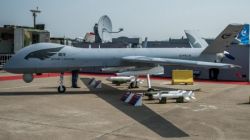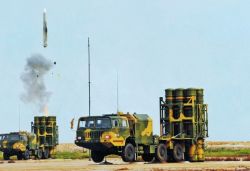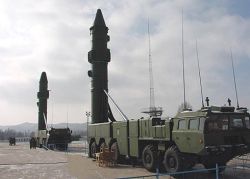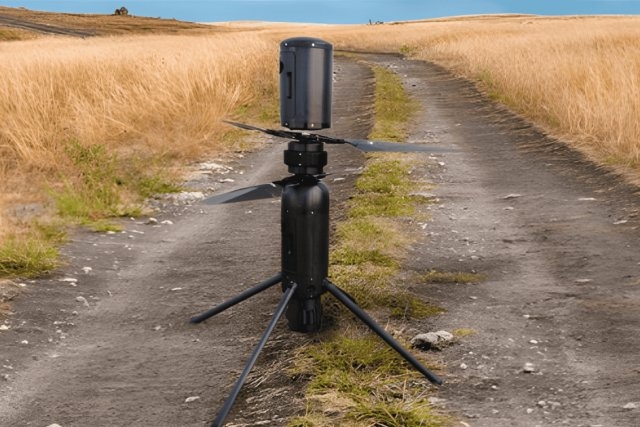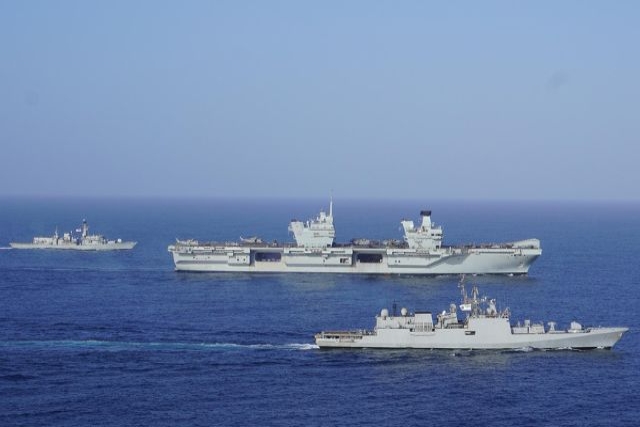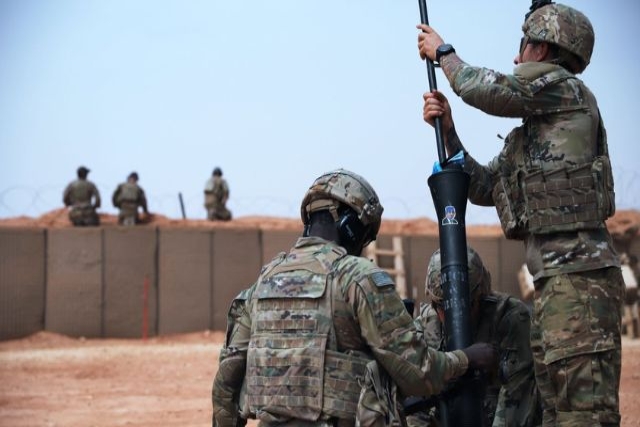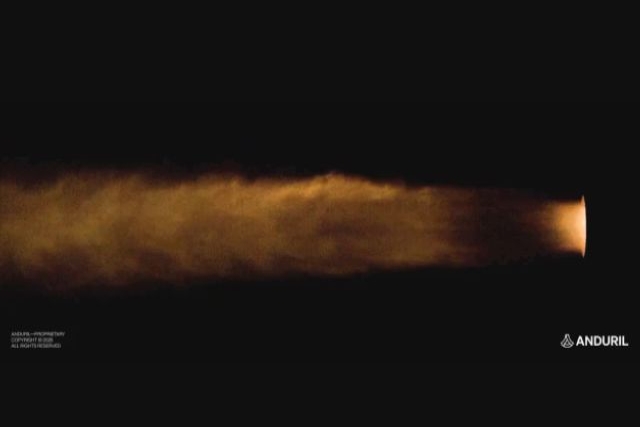China To Accelerate Weapons Development & Export In 2014
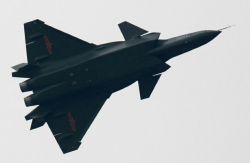
The People’s Liberation Army (PLA) of China spent a chunk of last year showcasing its new advanced weapons, bagging major arms deals and plans to accelerate its arms development this year.
In September, Turkey began contract negotiations with the China Precision Machinery Export-Import Corporation (CPMIEC), which is under US sanctions for selling arms and missile technology to Iran and Syria.
CPMIEC, which makes the HQ-9 missile system, beat competition from a US partnership of Raytheon and Lockheed Martin, Russia's Rosoboronexport, and Italian-French consortium Eurosam for the deal, estimated at $4 billion (2.9 billion euros).
In 2012, Argentina signed a deal with the Chinese company Avicopter to build Z-11 light helicopters under license. Mass production for the Argentine military began in 2013 and 40 helicopters are expected to be built over the next several years. The value of the contract has not been made public.
While China’s customer base varies from South America to Africa, its biggest buyer remains Pakistan. Besides the JF-17, the two nations have had official joint production agreements on a frigate, a battle tank and a small aircraft.
Pakistan accounts for 55 per cent, Bangladesh and Myanmar about 13 per cent and Sri Lanka two per cent of China’s foreign weapons sales, according to reports.
In its report on global weapons transfers, the Stockholm International Peace Research Institute, the volume of Chinese conventional weapons exports — which included high-end aircraft, missiles, ships and artillery — jumped by 162 percent from 2008 to 2012, compared with the previous five years. Pakistan is their leading customer.
The institute now estimates that China is the fifth-largest arms exporter in the world, ahead of Britain. From 2003 to 2007, China ranked eighth. China’s foreign arms sales are also rising fast in dollar terms.
Major projects such as new attack submarines are expected to commence this year and development of new types of the carrier-based J-15 fighters are also in the offing. Aircraft carrier Liaoning, which stayed in the spotlight last year with numerous sea trials, will accelerate the combat capacity building this year.
The Chinese navy may put into service the 052D destroyer this year, according to reports. While the submarine-launched ballistic missile may possibly be tested again in 2014.
In its annual report to Congress, the Pentagon, last year, highlighted China’s lesser known weapons.
The People's Liberation Army has "benefited from increased production of new equipment, including the Z-10 and Z-19 attack helicopters," according to the U.S. China report.
China has made tremendous progress with the development of new nuclear- and diesel-powered submarines. Although they are smaller and much louder than their American counterparts, the Chinese are intent on developing subs similar in capability.
"In the next decade, China will likely construct the Type 095 guided-missile attack submarine (SSGN), which may enable a submarine-based land-attack capability," the China report warns.
In 2012, the Chinese navy launched some six Type 056 shallow-water corvettes armed with guns and missiles -- and might build up to 30 total, according to the report. The corvettes will "augment" China's fleet of 60 brand-new, missile-armed Type 022 fast attack craft "for operations in littoral waters."
